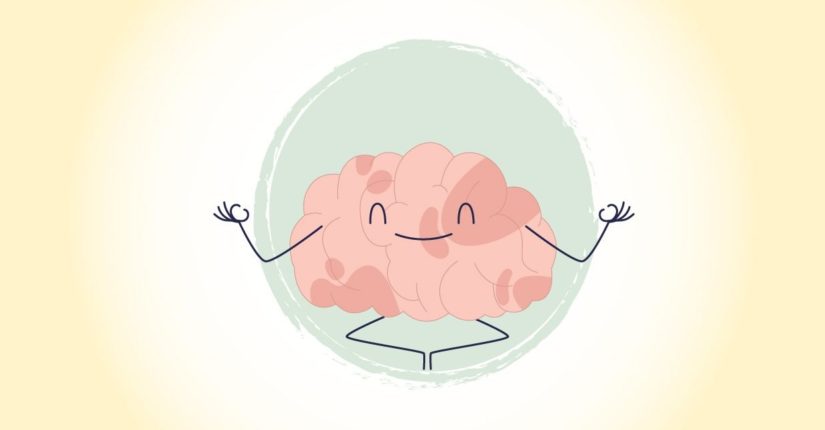
Do you find your mind has a mind of its own? Does it tear around even when you ask it to focus on your studies? Try Mindfulness, suggests Sarabsri.

Mindfulness means paying attention to the present moment. In fact, it is even more than dragging your attention to what you are doing because Mindfulness asks you to do so in kindness, awareness, acceptance and curiosity. We can practise Mindfulness anytime, anywhere. It doesn’t require any special posture or time. It is not a part of any ideology or religious belief. Mindfulness is not new. We have always known and experienced Mindfulness in some form. Remember a time when you felt fully concentrated and present in some situation while reading a book or petting a dog or noticing trees or listening to a close friend sharing an experience? Such moments are mindful moments. Many times, these moments happen naturally without any effort. The science behind Mindfulness
tells us that we can learn to be more mindful by making this a part of our nature. And we cannot make anything our second nature without trying it regularly, right? So, when we learn to pay attention, become more open, compassionate and curious, and when we allow our awareness to see, hear, feel and be with experience, we are mindful.
Mindfulness has immense benefits! We become more regulated in our emotions, improve our attention or concentration, learn to handle the stress of exams and everyday life with ease, become more aware of ourselves, pick up positive communication skills, understand our peer circle and others better, develop more flexibility in behaviour and in patterns of thought, feeling and action that make us react. In simple words, Mindfulness makes us resourceful, appreciative and attentive.
Since we can practice Mindfulness anytime, anywhere, it is an easy skill to learn. Like any other new skill, we become better at it with time and experience. Last year, the United Kingdom government decided to teach Mindfulness as part of curriculum in the schools. This is based on the idea that most mental health issues usually start at a young age. So, if we equip young people with tools like Mindfulness, they can enjoy a healthy life psychologically, socially and physically integrated. Mindfulness can be learnt at any age but the sooner we start, the better hold we have on our quality of awareness and living.
Today, everyone seems to be multi-tasking. When we work while we try to focus on too many things at one time, there will be constant interruptions and the quality of awareness will not the same as it would have been if you had worked singlemindedly and uninterrupted. Mindfulness is an antidote to multi-tasking. It invites us to recognise, regulate and think about how we want to focus our attention on work we do. So, we choose the work that needs to be done first, at that time. This saves us from the unwanted stress and anxiety that multi-tasking brings on our body and mind.

 Sarabsri is an affiliated Mindful Awareness Research Centre teacher of University of California, Los Angeles. You can check more about her at www.sarabsri.com[/caption]
Sarabsri is an affiliated Mindful Awareness Research Centre teacher of University of California, Los Angeles. You can check more about her at www.sarabsri.com[/caption]